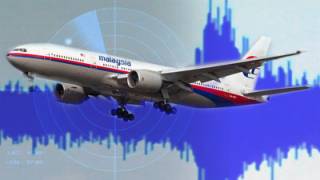









We're Hiring
We are looking for a professional video editor, animator and graphics expert that can join us full time to work on our video productions.
ApplyHelp Out
Sign up for a membership to support Red Ice. If you want to help advance our efforts further, please:
DonateTips
Send us a news tip or a
Guest suggestion
Related News


Archives Pick
Red Ice Radio
3Fourteen


TV








